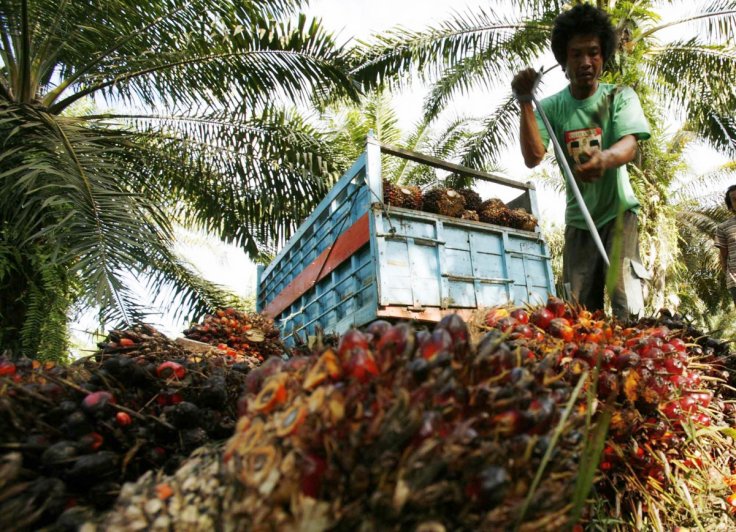Indonesia is ready to face a lawsuit lodged by the European Union (E.U.) with the World Trade Organization (WTO) following Jakarta's decision to stop exporting nickel ore starting January 1, 2020.
"Sir, we want to fight, we will face whatever happens. We stop exporting nickel ore, and the E.U. then sued us to the WTO," President Joko Widodo told journalists at the Presidential Palace, on Monday (December 16).
Why does Indonesia prohibit exporting nickel ore?
Director-General of Mineral and Coal at the Ministry of Energy and Mineral Resources (ESDM), Bambang Gatot, said the government rushed the export ban because low-level nickel can be refined domestically, thanks to technological development.
Raw mineral export ban was previously regulated under Law No.4/2009 or Law on Coal and Mineral Mining (Minerba), which requires domestic refinery and the construction of processing facility or smelters.
However, in 2017 through Government Regulation No.1/2017 on Execution of Mineral and Coal Activities, the government relaxed the rule by allowing companies which either have developed or are in the process of constructing smelters to export ore until 2022.
How ore export ban will hurt Europe
The ban on nickel ore export will severely affect Europe's steel industry due to limited access to nickel ores as well as steel ores.
Indonesia retaliates
Indonesia retaliated by filing a lawsuit at the WTO over the E.U.'s Renewable Energy Directive II (RED II) and Delegated Regulation which discriminates Indonesia's oil palm.
Both Brussels' policies require the use of renewable energy from 2020 to 2030, while the Delegates Regulation includes Indonesia's oil palm in the category of commodities with Indirect Land Use Change (ILUC) of high risk.
As a result, palm oil-based biofuel is included in the E.U. group of renewable energy, including Indonesia's palm oil. Indonesia controls 49 percent of crude palm oil (CPO) market share in the E.U.
The E.U.ambassador to Indonesia Vincent Piket stressed that there has been no ban on importing CPOs from Indonesia, adding that the bloc has the largest market for Indonesia's CPO.
Is Indonesia's CPO the leading cause of deforestation?
The E.U. accusation (that Indonesia's CPO is the leading cause of deforestation) does not surprise anyone. However, Head of Palm Task Force for International Union for Conservation of Nature (IUCN) Erik Meijaard claimed that palm plantation contributed 60 percent to deforestation (2008 to 2010), while other causes were estimated at 84 percent.
Meijaard also explained that 30 percent of palm fruits in Indonesia were planted in a deforested primary forest. The remaining 70 percent was the follow-up of the already-damaged land.
Research from Duke University, as Quartz published, said that despite the increase in deforestation in Indonesia, the cause is not only palm plantation as drought also played a role.
Indonesia says its palm industry complies with sustainability norms and has applied a moratorium on new palm oil plantations to prevent further deforestation.
CPO productivity exceeds annual productivities of other plant-based oils such as rapeseed (0.6 ton per hectare), sunflower (0.5 per hectare), and soy (0.4 tons per hectare),as Hade-PalmOil Data showed.
What is the impact?
Indonesia will likely shift its key buyers, given that China, which is already the primary importer of Indonesia's palm oil, has agreed to buy more CPOs from Indonesia, as D.W. reported.
"The US, Russia, Japan, and Egypt are also major palm oil importers who have increased their intake in the past five years despite a global decline," Jarryd de Haan, a research analyst at Australia-based strategic research institute Future Directions International, told D.W.
Indonesia's retaliatory tariffs on E.U. dairy products may have little impact on the 28-nation bloc, given that Indonesia's dairy goods import from the bloc only reaches $220 million.










